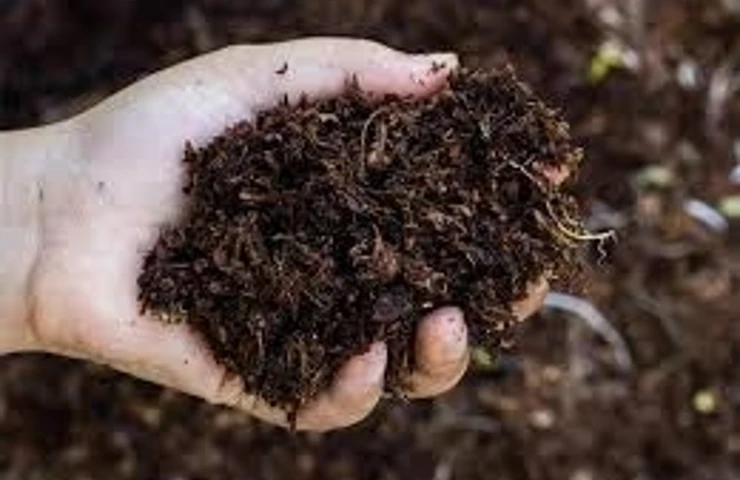A row has erupted between Sri Lanka and China over fertiliser imports after two samples of the Chinese fertiliser were found to be contaminated. In retaliation, the Chinese embassy blacklisted the state-owned People’s Bank of Sri Lanka.
In October, Sri Lanka banned a Chinese ship carrying organic fertiliser that had harmful bacteria. Sri Lanka's National Plant Quarantine Services had found certain types of harmful bacteria in the shipment after which Colombo stopped the $42 million deal.
The island nation also issued orders to prevent the unloading of the Chinese fertiliser on any port due to fears that the use of the fertiliser would lead to contamination of the nation's soil and crops.
A Sri Lankan high court also banned payment to Qingdao Seawin Biotech Group, following which the Chinese embassy in Colombo tweeted about blacklisting the Sri Lankan bank. The embassy mounted a strong response in favour of the Chinese company.
Statement by Qingdao Seawin on Organic Fertilizer:
Shipment is requested by SL
Import Permit to be obtained by buyer
Samples have passed tests of Schutter Group Inspection & Survey Co. Ltd (designated by SL) & the Export Plant Quarantine of China Customs before shipment
1/ pic.twitter.com/jIYHoSbtIb— Chinese Embassy in Sri Lanka (@ChinaEmbSL) October 26, 2021
Separately, China's Ministry of Commerce said that the default by Sri Lanka has caused huge losses to the Chinese company.
The row led Sri Lanka to scout for its fertiliser needs from other nations including India. It imported 3.1 million litres of high-quality Nano Nitrogen liquid fertiliser from India.
Sri Lanka's problems with fertiliser imports began after President Gotabaya Rajapaksa decided to convert the island into an organic farming nation. Subsequently, the country banned imports of all kinds of chemical fertilisers.
However, this decision caused resentment among the farmers who protested as they saw an imminent danger in declining yields. Colombo decided to import fertiliser from China which turned out to be contaminated with pathogens and bacteria leading to the current row.
The ship was ordered to leave Sri Lankan ports after the detection of the contaminated fertiliser, after which the ship reached Singapore. Curiously, the ship disappeared. Later it was found in Sri Lankan waters under a different name.
Colombo's relations with Beijing are on a decline as it is faces Chinese arm-twisting. It is finally coming round to the view that it cannot put all its eggs in the Chinese basket.
India has been a major beneficiary of the new-found thought. Recently Colombo awarded a port deal to the Adani Group. It also upped its travel, trade and defence dealings with India through high-level visits by both sides.
Several nations have benefitted as Colombo pursues its new policy with vigour.
It is strengthening its defence and military relations with Russia. A Russian naval ship and two submarines had visited the Colombo Port last month.
It recently held naval exercises with Japan.
It reached out to the US by signing a power deal with an American company.
It also realised that the US and the European Union serve as large export markets.
The island nation has begun to distance itself from China as it opens itself to the world. It is wriggling out of the Chinese cocoon it had wrapped itself in as it discovers other countries including India.
Indian Navy sends training mission to Sri Lanka to revive military ties in South Asia
After India, Japanese warships also hold naval exercises with Sri Lankan navy




















